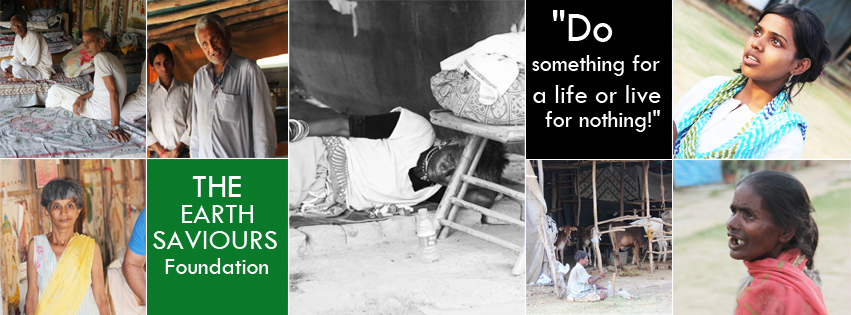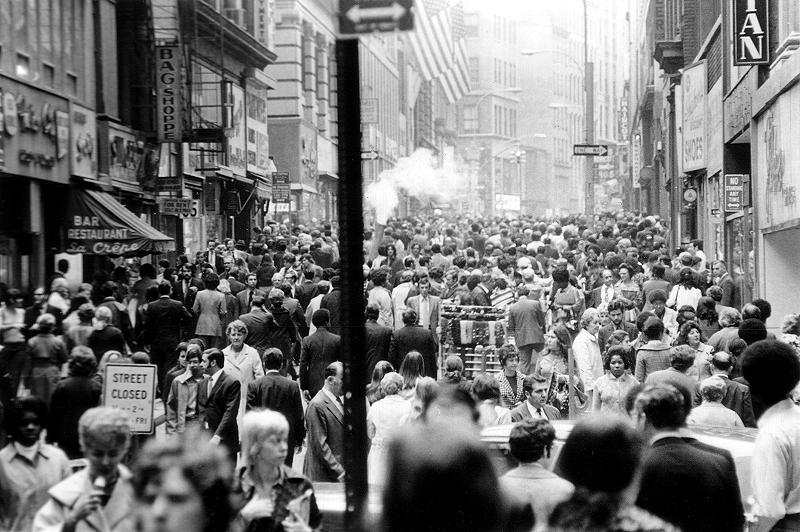Growing up, we have an enormous burden
upon our shoulders: the daily task of school or work, the balance between our
family and friends, and the amount of obligations we ought to attend to. But as
we busy ourselves focusing so heavily on these things that seemingly need our
attention, we may forget to take care of something even more important:
ourselves.
As a term rarely discussed, self-care refers
to the actions and attitudes which contribute the maintenance of our well-being
and personal health, or, in other words, the steps one takes in order to better
themselves, from the inside out. Though we often cannot control our own
circumstances, we can decide how we go about taking care of ourselves.
Self-care isn’t limited to only one
particular category; we can nourish ourselves in a plethora of ways. Sometimes,
though, we may get caught up in devoting so much of our time and energy towards
only one portion of our lives so that the others areas are neglected. By
working towards rejuvenating ourselves emotionally and spiritually, bettering
our health physically, and expanding ourselves mentally and socially, we can take
tiny strides to help ourselves become more able to take on any challenge or
triumph. The ways to do this differ for each individual, but the first step to
self-care is doing something, anything, that makes you feel good – because you deserve it.
If you ever want to discuss more about
self-care and what it can do for you, or anything else that you’re thinking
about, no matter the topic, give Teen Link a call at (866) 833-6546 any night
from 6-10 pm to talk anonymously with another teen. If you would prefer, you
can also reach us on our Chat, which can be found at www.866teenlink.org.











.jpg)
.jpg)
.jpg)
.jpg)
.jpg)
.jpg)
.jpg)